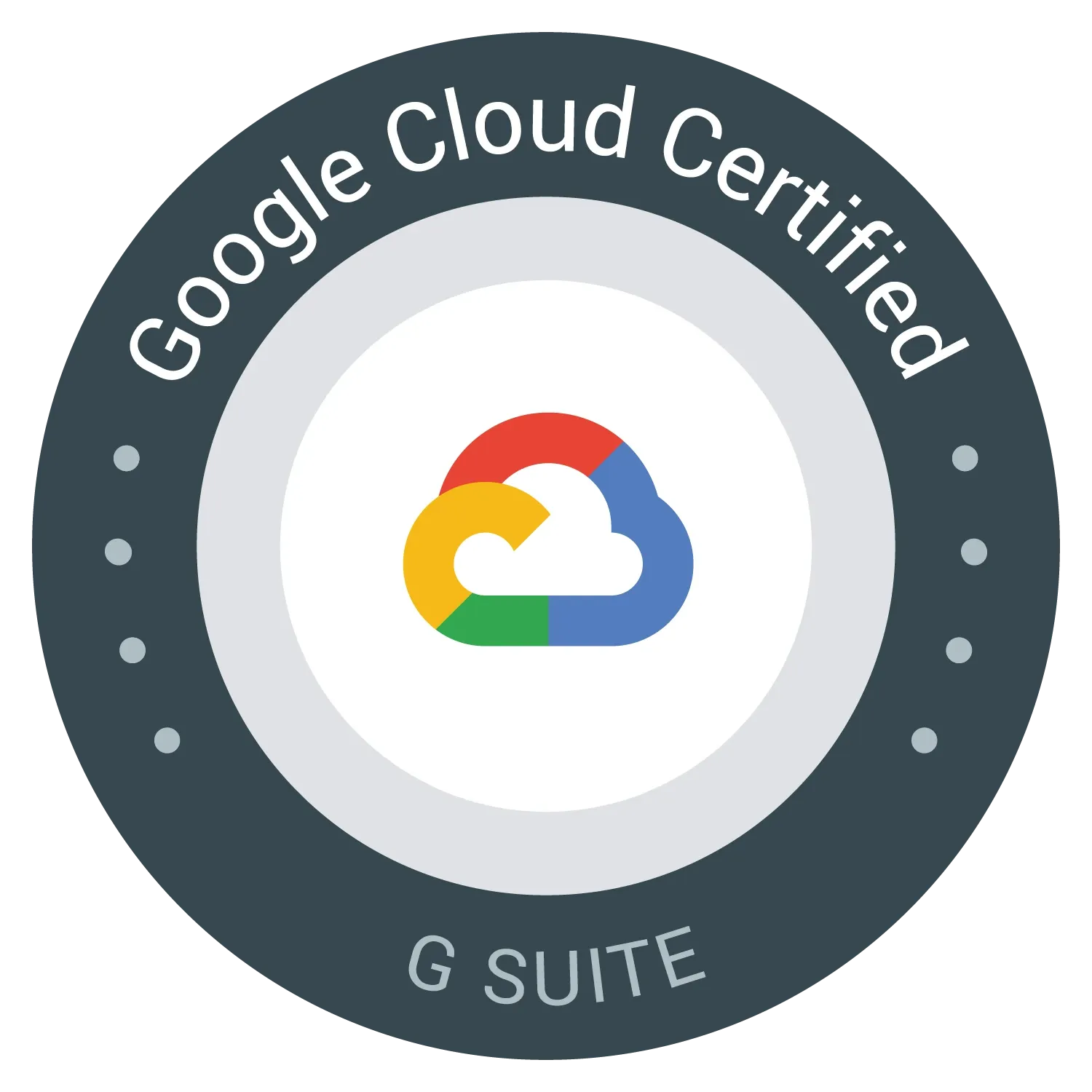What is SEO? A simplified overview
Discover the meaning behind the term "SEO", learn how it works and why you should consider making it a focus on your next website
What does SEO mean?
SEO stands for “Search Engine Optimisation”. It expresses the practice of optimising your website’s content quality, relevance, link popularity and overall technical configuration. Improving on this culmination of metrics helps search engines such as Google and Bing to appropriately categorise your website and help to garner more attention from your target audience by organically *1 increasing your website’s standing within search results.
"You miss 100% of the shots you don't take"
This same logic applies to improving your SEO. Until you spend a little time optimising your website and search engine ranking, there's a strong potential that you are missing out on potential leads and new paying customers.
According to a 2022 study for Serpwatch, over 67% of all clicks occur within the first 5 search results. On top of this, a whopping 75% of people do not scroll past the first page of Google. These combined figures should highlight the importance of achieving a high search ranking to maximise your website's chances of success. SEO is the solution to solidifying your ranking or even improving it!
How SEO works for Google’s business model
To most people, when using the term “search engine” their immediate thought is Google and with a market share of 92%, it’s not hard to imagine why. Because of this, SEO “best practices” tend to revolve around what works best for Google. To understand why this is so important, we must first dive into how Google works.
Google simplified
A key objective behind Google’s search engine is to deliver the most relevant search experience to its users as quickly as possible. This process relies on the user’s keyword input (search term) and Google’s output (search results) to match that.
Imagine you are searching for “VISCREO Website Design“, from this search term, Google can interpret what you are looking for and will deliver a page with a closely matching title at the top of the search results. From Google’s perspective, this is a very good search result and a positive user experience, because it’s likely that the user will click the top result and be happy with the outcome.
How does SEO work?
The above example reflects an idealistic search, in which the user knows exactly who and what they are looking for. In most cases, a person's search term might look more akin to "website development Romsey" - at which point the potential number of results increases drastically. Google needs a way of sorting which websites to display for this search term, at which point begins to primarily rely on a website's SEO relevance.
If we dissect our query and use the word "Romsey" as an example, we know that Google will display VISCREO based on the fact that our META description and landing page text both include that term.
That point solves the question of getting VISCREO to appear within the search results. However, there are a number of web design companies in the Romsey area. To secure our best chances at success, we need to capture the reader's attention by placing ourselves as high as possible to the top of the screen (Google's most trusted results). This is where your SEO score comes into play.
Once Google reaches a point where it can no longer associate the search term words to a website, it begins to rank them based on the quality of your web content. Like most SEO aspects, there are a plethora of metrics Google uses to assess the quality of your website. This is typically achieved through (but is not limited to):
- Ensuring all boilerplate best practices have been achieved. Stay tuned for future articles where we dive into the SEO essentials to achieve
- A strong balance between text content and imagery
- The frequency at which new content is published
- The age of the existing web content. If something hasn't been updated in many years, Google begins to declassify its relevance for fear of being outdated
How long does it take?
The steps taken to improve SEO can be fairly quick. There are a plethora of basic steps that can be actioned almost immediately, such as adding image descriptions, rewriting outdated content and improving page speed performance.
However, although the steps are quick to implement they are not an exact science, rather, they should be seen as more of a fine chemistry and balance of hundreds of different metrics. It can take time for search engines to process the new information and then relay back the success of those changes.
Depending on how drastic the necessary changes are, results can take anywhere between 3 to 8 months to yield any sort of benefit. However, you should start seeing results closer to the 4 to 6 months mark.
Why you should care
🔎 Improved discoverability
Increasing your SEO allows customers to spend less time finding you and more time on your website! Don't miss out on the opportunity for new business because people can't quickly find you.
🥇 Competitive advantage
Outperform your industry competition by placing yourself higher on search results. The quicker you can capture a reader's attention, the better the opportunity for new business.
💰 Drives revenue
By driving more traffic to your website, you are maximising the opportunity for new customers to discover your products and services, increasing the potential for added revenue.
🤝 build trust
People's perceptions of your company subconsciously improve the higher up you rank. Helping you solidify your image as a trustworthy supplier and partner for your customers.
Who benefits from good SEO?
There are two types of entities that benefit from good SEO practices. The first reason is to improve a reader’s experience on your website and to ensure they have access to all the relevant information. Some examples of these are:
- The appropriate use of headings (H1-H7) to help readers understand the content hierarchy
- Adding descriptive text to images to help screen readers users gain an understanding of what is being shown on the screen
- Using bold and italic text where appropriate to highlight content importance and emphasis
The second, “technical”, aspect to focus on is improving SEO to aid search engines in appropriately classifying and ranking your website. This includes a range of metrics such as:
- Relevant use of keywords
- Using descriptive page titles
- Including unique page descriptions
- Adding descriptive text to images
All these aspects can be quickly implemented at low to no cost and should be generally available to any website user with access to a content management system. For help understanding the ways, you can improve your SEO, get in touch with a member of our team today!
Who can affect SEO?
Depending on how your site is managed, the responsibility of managing SEO will fall under two categories of people: content creators and your website management company. Content creators include anyone who has access to the content management panel and is responsible for:
- Ensuring images are assigned descriptions
- Text content is of high quality and follows the heading hierarchy
- Limiting the use of stock imagery in favour of more custom photography
Any website management company worth their while should be offering regular audits to ensure their websites conform to the minimum recommended standards and have been optimised around their customers' needs. SEO practices are ever-evolving and have turned “fit and forget“ hosting solutions obsolete. Your web agency should be responsible for:
- Providing audits and assistance to raise SEO scores
- File optimisation and CDN *2 management
- Code optimisation and compression
- Speed and infrastructure
How VISCREO handles SEO
VISCREO provide an ongoing service to our customers through quarterly and monthly reviews. Whether you're looking to sell more products or perhaps build brand awareness, our reports are objective-driven and always tailored towards your business goal. We then schedule meetings with you and our team to analyse your website traffic reports and user behaviour to ensure the results align with the direction of your company. We understand that your business is ever-evolving and we are committed to evolving to your needs and tailoring our objectives to suit.
Terms used
- Organic SEO
- The practice of relying on your website’s content and technical ability to gain exposure instead of paying for ad space and backlinks to grow popularity/exposure.
- CDN
- Content Delivery Network. A global infrastructure of servers used to deliver images and other assets to website visitors.





